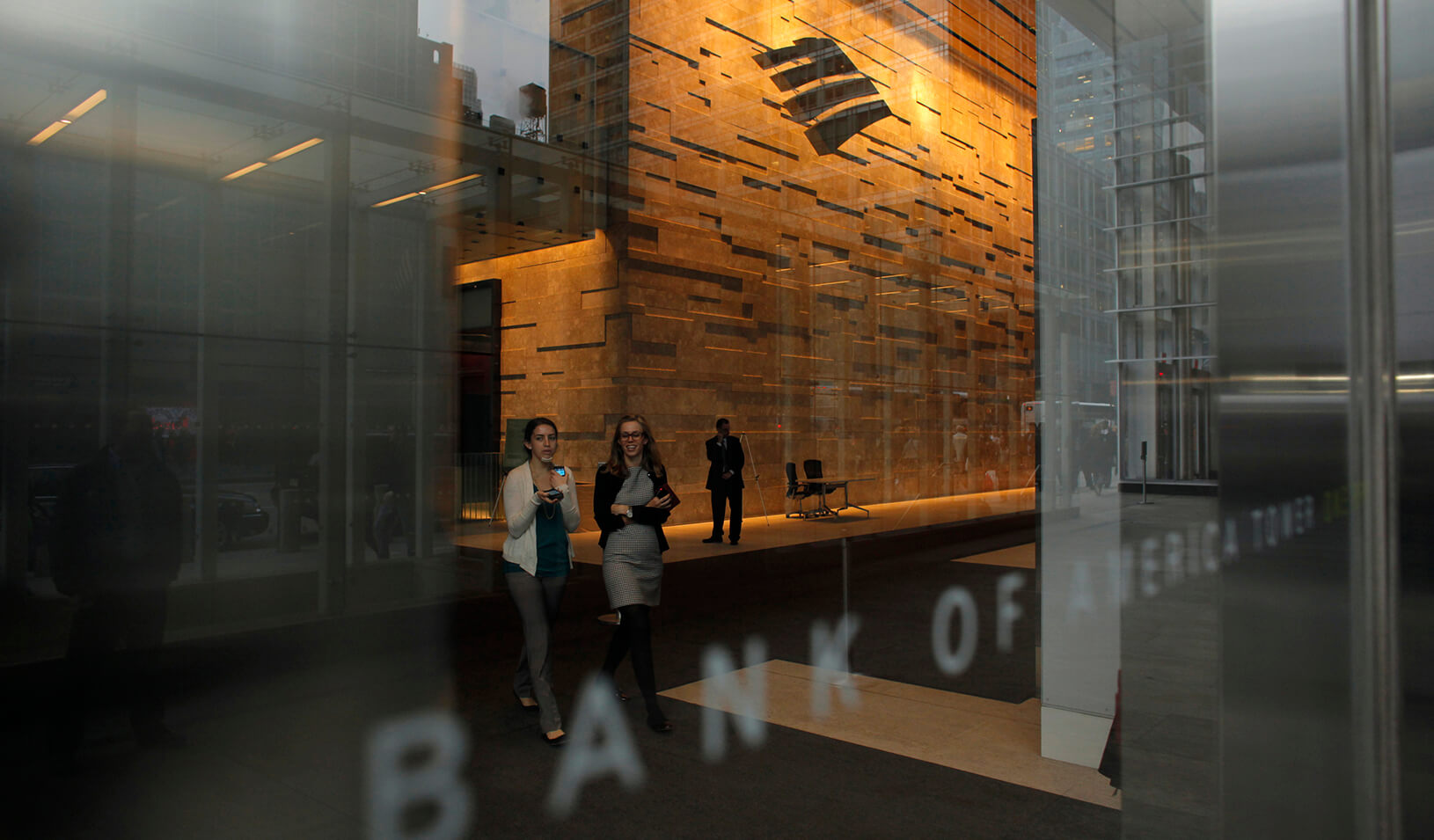
Illustration by Alvaro Dominguez.
Tax evasion may be America’s biggest game of hide-and-seek, especially when it comes to people who park their money in offshore tax havens.
In 2010, President Obama signed one of the toughest laws ever on the issue. The Foreign Account Tax Compliance Act, or FATCA, required all foreign financial institutions to automatically provide the Internal Revenue Service with information on any accounts held by U.S. citizens.
The new law made it much harder for rich Americans to avoid U.S. taxes by hiding their money, and the investment income it generates, in foreign banks and opaque shell corporations.
Did the tough new rules actually work? Or did tax evaders find alternative ways to keep their money out of sight?
There’s good news and bad news on that, according to a new study by Lisa De Simone and Rebecca Lester at Stanford Graduate School of Business and Kevin S. Markle at the University of Iowa.
The accounting professors found strong evidence that the new law did indeed reduce one of the main channels for offshore tax evasion. Unfortunately, they also found that the law spurred a shift to alternative strategies, such as investing in real estate or art and antiquities. It also provoked a big jump in the number of Americans who renounced their citizenship.
“It’s always a cat-and-mouse game,” says De Simone. “Any time you shut down one evasion tactic, you open up another.” Adds Lester: “As long as these individuals have alternative channels to evade taxes, it’s going to happen.”
Investment Dip
The researchers began by examining a key indicator of offshore tax evasion: “round trip” investing, in which U.S. citizens move money out of the country but invest it back in the United States and don’t report their profits to the IRS.
In a round trip, people begin by transferring money to a foreign financial institution, often one that’s in a tax haven such as Panama, Luxembourg, or Switzerland. But because most Americans don’t want to stop investing in the United States, the next step is to use a foreign investment company that will invest in U.S. stocks and bonds on their behalf. Unless the IRS has information about the foreign bank activity of U.S. citizens, it’s hard to track down the income they might be earning from those investments.
To figure out if FATCA has been effective, De Simone, Lester, and Markle looked at whether the amount of money flowing from foreign tax havens into U.S. securities declined after the new law took full effect. The good news was yes: From 2012 to 2015, those investment flows dropped 21%, or $15.3 billion.
On top of that, the total volume of portfolio investments from tax havens to all other countries also declined by about 21%, a reduction of at least $56 billion. The researchers say that suggests that FATCA diminished the global investing as well as U.S. investing by people who keep money in tax havens.
New Tricks
The bad news, according to the authors, is that the new law also appears to have spurred more creative efforts to hide overseas income and assets.
The first thing the researchers spotted was a dramatic jump in the number of people who renounced their U.S. citizenship — from less than 1,000 in 2009 to more than 4,000 in 2015. Americans who give up their citizenship generally aren’t subject to U.S. taxes on any future foreign income. It’s not clear how many of those additional people had taxes on their minds, but De Simone and Lester say it’s likely that FATCA compliance was the main reason for many of them.
The second thing they found was strong evidence that people began shifting more of their money into the comparatively opaque market for real estate, where transactions don’t fall under FATCA reporting requirements. The researchers compared price changes for residential real estate in countries that have no restrictions on foreign purchases with price changes in countries that do have restrictions and found prices after 2012 were about 4.2% higher in countries without restrictions.
The researchers also found evidence that Americans were putting more money into art and antiquities, where the offshore profits are even harder for tax authorities to spot.
One way to discreetly invest in art is to buy it and then warehouse it in a “free port,” where “in transit” goods are exempt from customs duties and can be traded without anyone reporting the transactions to the IRS. By some estimates, the Geneva Freeport alone contains 1.2 million pieces of art worth $10 billion.
To see if FATCA had an effect on the art market, the researchers focused on the Geneva Freeport and examined Swiss customs records to track the volume of art and antiquities (by weight) stored there. Not only did the volumes in Geneva increase after 2012, they increased faster than in other Swiss cantons that had comparable amounts of imports — but no free ports.
Even if tax authorities close the loopholes in real estate and art, De Simone and Lester caution that people won’t stop hunting for new ways to conceal their wealth.
“There’s no question FATCA and efforts by the IRS have made some dent in the amount of income and assets held offshore,” says Lester. “However, no amount of regulation will be able to eliminate all tax evasion, particularly given the inherently secretive nature of this activity.”
For media inquiries, visit the Newsroom.






